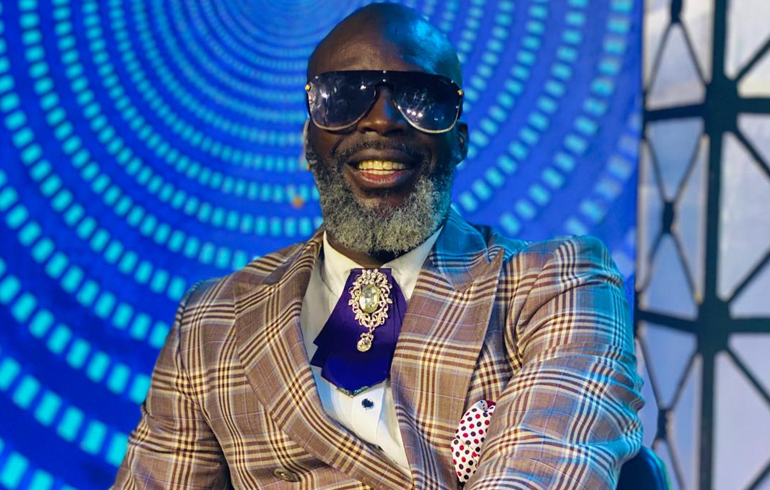Prophet Nicholas Osei, commonly known as Kumchacha, recently voiced strong criticism of the current political climate in Ghana during a segment on Onua FM. His remarks were particularly directed at President Akufo-Addo’s administration, which he believes has failed the nation. Comparing the state of living in Ghana to that of a tree in Canada or the USA, Kumchacha expressed a longing for better circumstances, indicating that he views existence under the current leadership as considerably less desirable. This hyperbolic analogy highlights his deep frustration with the economic challenges and governance issues prevalent in Ghana today.
In recounting his past electoral choices, Kumchacha revealed that he had previously voted for the New Patriotic Party (NPP) but has since regretted that decision. Reflecting on his voting experience, he emphasized a personal resolution not to support the NPP in future elections. His strong stance against the party stems from what he perceives as disenchantment with their policies and performance. The phrase “never vote for anyone named Nana Addo” encapsulates his disillusionment, suggesting that his lack of trust in the party extends beyond the current administration to its leadership roots.
Kumchacha did acknowledge certain positive traits in Dr. Bawumia, the Vice President, yet insisted that admiration for an individual does not translate into political support for the NPP. His comments underscore a broader sentiment of frustration felt by many Ghanaians regarding political loyalty and the effectiveness of their leaders. Despite recognizing the Vice President’s character, Kumchacha remains firm in his belief that the party’s overall governance has been inadequate in addressing the needs and aspirations of the populace.
Moreover, his criticisms are not solely limited to political figures; they reflect a larger discontent with the NPP’s handling of economic issues in Ghana. Kumchacha’s sentiments resonate with a significant portion of the electorate who are grappling with the realities of an unstable economy. His statement indicating a preference for being a tree—an entity that thrives in a stable environment—serves as an acute metaphor for the struggles of everyday Ghanaians who are yearning for improved living conditions and effective leadership.
The dissatisfaction Kumchacha expresses is indicative of a critical moment in Ghana’s political landscape. His remarks shine a light on the discontent brewing among citizens who feel marginalized and neglected by their leaders amid persistent economic hardships. This frustration can lead to a volatile environment in the upcoming elections, where voters may feel compelled to reassess their political affiliations and the candidates they choose to support.
In conclusion, Prophet Kumchacha’s appearance on Onua FM reveals the depths of his disillusionment with President Akufo-Addo’s government and the NPP. By comparing the current state of Ghana to a preferable existence in another country, he articulates a widespread sentiment of disappointment and frustration. His commitment to not supporting the NPP again reflects a growing call among Ghanaians for accountability and substantive change in governance. As elections approach, the voices of individuals like Kumchacha may serve as a bellwether for the broader electorate, indicating a desire for leaders who genuinely address the economic and social issues facing the nation.














